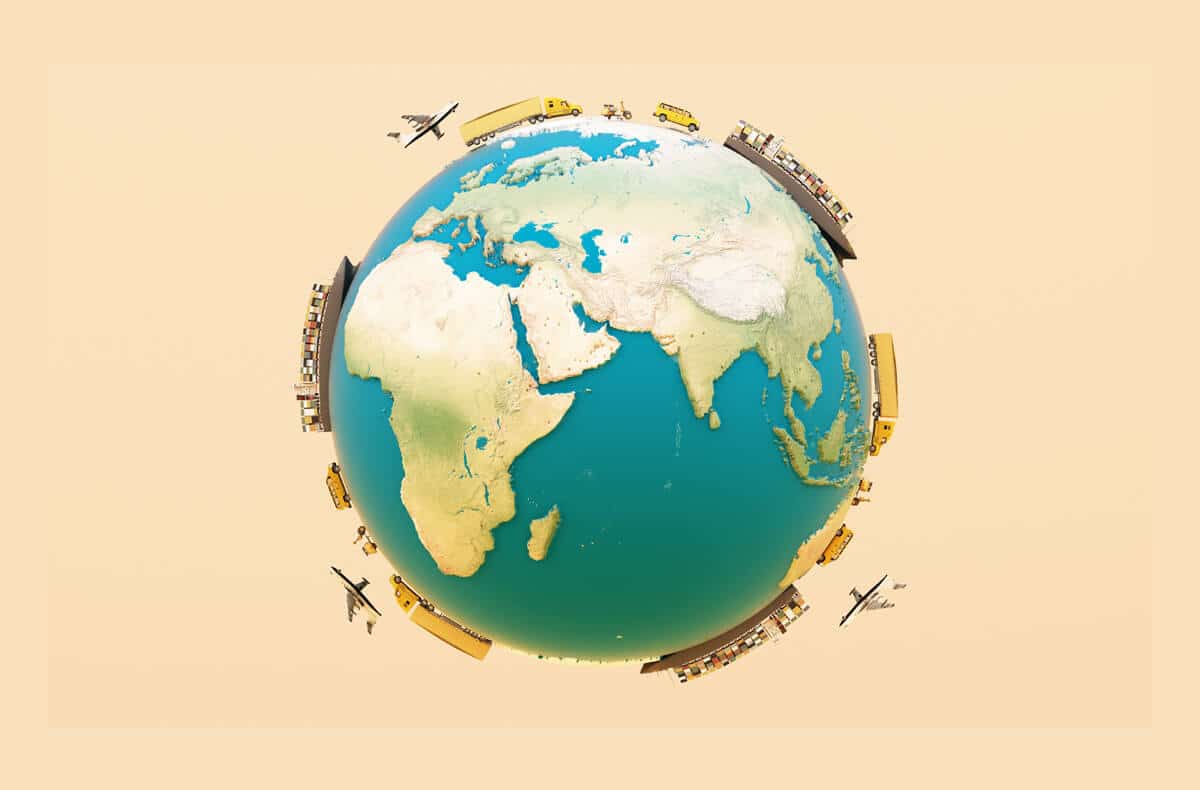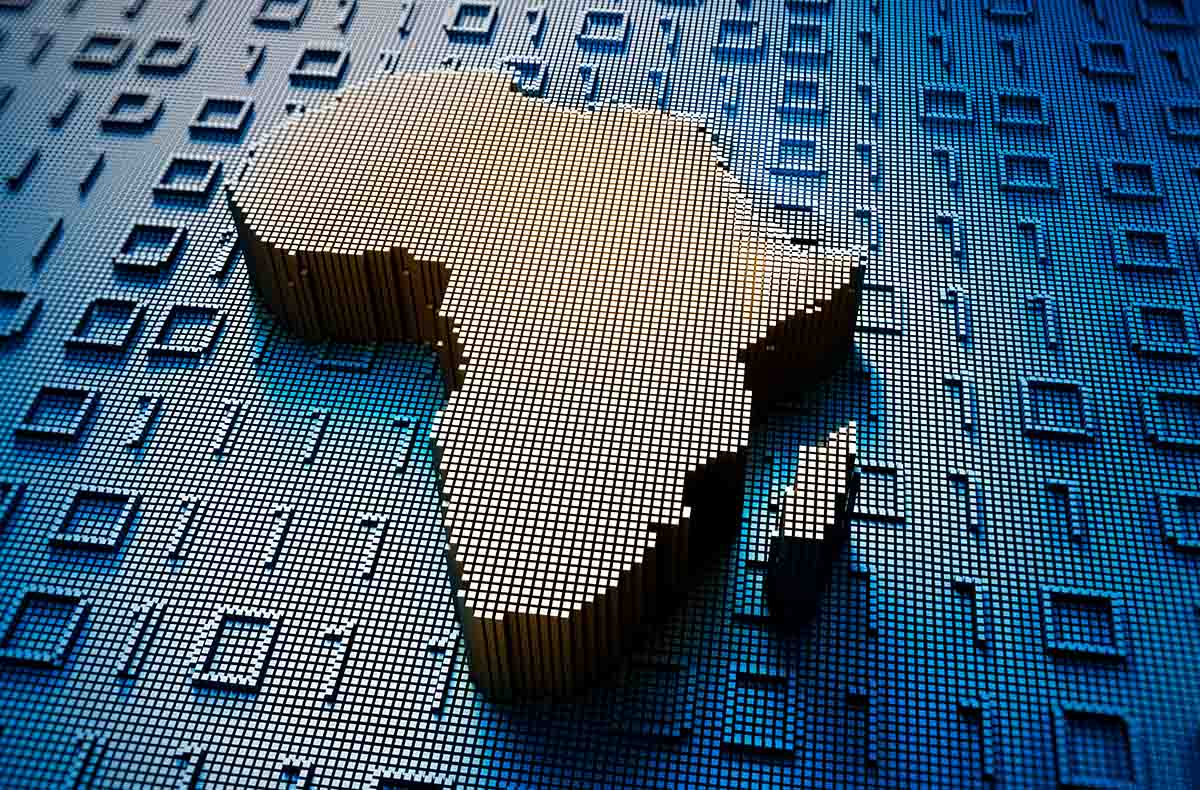
This March, Tesla bumped up the price of their prized cars twice in both the US and China. In the States, the cost of a Model 3 and Model Y is a whopping $1,000 more, and the sticker shock is likely to be even greater in China. Elon isn’t alone on this: BMW, Mercedes, VW, Rivian, and most major electric car makers are facing the same reality of inflation and interrupted supply chains. The market is spooked.
In addition to this dire news in the EV market, the United Nations Food programme has also stated the number of people on the edge of famine has jumped to 44 million from 27 million: food prices are increasing exponentially. Wheat, a global staple commodity, is strongly tied to Ukraine and Russia, which are major exporters of grain, contributing 29% of it to the global market. These countries also account for 19% of global corn supplies and 80% of sunflower oil exports, and this is just the beginning of a long chain of dependency. According to Sky News, “45 African countries and least developed countries import a third of wheat from Ukraine and Russia with 18 of them importing at least 50%.” The numbers are bleak.
While Russia is bogged down in Ukraine, the US, UK, EU and other world powers have unanimously placed several sanctions on Russia, including a ban on technology and microchips. Yet many crucial materials used to manufacture these technologies and chips can majorly be mined in Russia: and cutting off our source to these vital supplies presents yet another conundrum.
Aluminium and copper prices have gone sky high. Additionally, 30% of the world’s palladium comes from Russia, and the country is the world’s third-biggest producer of high-grade nickel, which is used in lithium-ion cell production (again, we have this material’s price spike to blame for Tesla’s new higher price point.) According to Russia Matters, Russia also accounts for 80% of global market supply of sapphire substrates—a thin plate of artificial stone that is “used in every processor in the world,” and accounts for “almost 100% of the world’s supply of certain rare earth elements” that are used in “special chip-etching chemistry using ultra-pure components.” Talk about the sword of Damocles.
To make matters more complicated, the other country that dominates the global supply chain for electric vehicle batteries is—guess who?—China (in Donald Trump’s voice). According to The Wall Street Journal, China controls “80% of the world’s raw material refining, 77% of battery cell capacity and 60% of component manufacturing.” China has not condemned Russia’s attack of Ukraine, and has refused to join in on sanctions, so their stance does not bode well in the bigger picture of using global pressure to push Russia against its war efforts.
Of course, it’s undeniable that Russia’s greatest export wreaking havoc worldwide is gas. In energy, Europe consumes 500 million tonnes of oil each year, of which Russia supplies 30%, which according to Alexander Novak, Deputy Prime Minister of the Russian Federation, “is 150 million tonnes, and 80 million tonnes of petrochemicals on top of that.” Of course, the US, UK and EU have come up with comprehensive plans and timelines for uncoupling themselves from Russian energy dependence, but we are still awaiting the phone calls to come through between leaders of major gas exporting countries like Saudi Arabia and the UAE and President Biden. In our modern, global age, after years of advancement, it seems like the world is getting back to where we started: the barter system. Digitization and globalization has only succeeded in taking us backwards in understanding our interdependence and seeking ways to accommodate each other in order to coexist. Unless some sense ultimately rises out of this nonsense, we will keep watching global powers bind themselves by themselves. Here, we need to move past “logic” and look back into a deeper sense of wisdom.
As a believer in black swan thinking, I believe one of the best ways of predicting the future is to look backwards. Mankind always has run a repetitive, parasitic, and viral cycle just before running out of gas. As such, we must consider: is there a possibility of a Third World War? And if so, can it be averted?
One of the ingredients that makes entertaining this possibility all the more likely is that we have a special scenario here where everyone is right. The Russians are right about stopping NATO from coming right to their doorstep, Ukrainians are right as a sovereign nation in making independent decisions and protecting their territorial integrity, the EU has the right of expansion, and America? America is always right. On all fronts, we have a sea of highly intelligent intelligentsia without an atom of wisdom, all claiming turf, strutting egos and pointing fingers—the middle one, that is. In a now-nuclear world where peace, as assumed by certain powers, can only be maintained through superior firepower, who will be spared?
The Third World War technically began the day the first bullet over Ukraine was fired. The geopolitical dynamics of Europe—and indeed, that of the rest of the world—has forever changed, and this divide will only become more apparent as days unfold. Regardless of when and how Russia and Ukraine find truce, this war will last a long while and will be fought unconventionally, possibly in cyberspace to outer space, with weapons ranging from the biological to sanctions. The impact will remain the same: many lives will be tragically lost across the globe. On one side, we have major players that include Russia, China, Iran, and North Korea. On the other side is Europe and the US, with the Middle East keeping scores. The morality of it depends on who you ask.
Presently, Saudi Arabia sells a quarter of its oil export to China, and is negotiating making future transactions in yuan instead of the traditional dollar to avoid a repeat scenario like the one Russia is presently facing with all its sanctions. Such a transaction was unheard of a few years ago, and is just one example of many such nimble moves. Doubtless, when this succeeds, other oil exporters to China will follow suit. Going forward, it seems, within the decade and afterwards, global trade domination of the U.S. Dollar, Western economic standards and financial systems like SWIFT, LIBOR, SOFR, IMF, and the World Bank will fall from their place of power, with cryptocurrency leading the new global bartering standards. Will this lead to further global polarization? It remains to be seen.
Taking the wider view, my major concern is: where is Africa in all this?
While the rest of the world watches in horror as this conflict in Ukraine continues, we all are suffering the consequences together. In today’s global world, where one country’s exports impact whether or not another country’s citizens live or starve, we cannot simplify such geopolitical matters as isolated concerns. Like it or not, we are all interrelated: even Africa, which has no skin in the game, is being indelibly impacted by Russia’s actions and the rest of the world’s response. Sadly, there is little we can do but wait and watch. It is my greatest hope that our world leaders will set their egos aside and turn to a greater wisdom to find a way through this. Otherwise our entire planet will be much worse for the wear.



